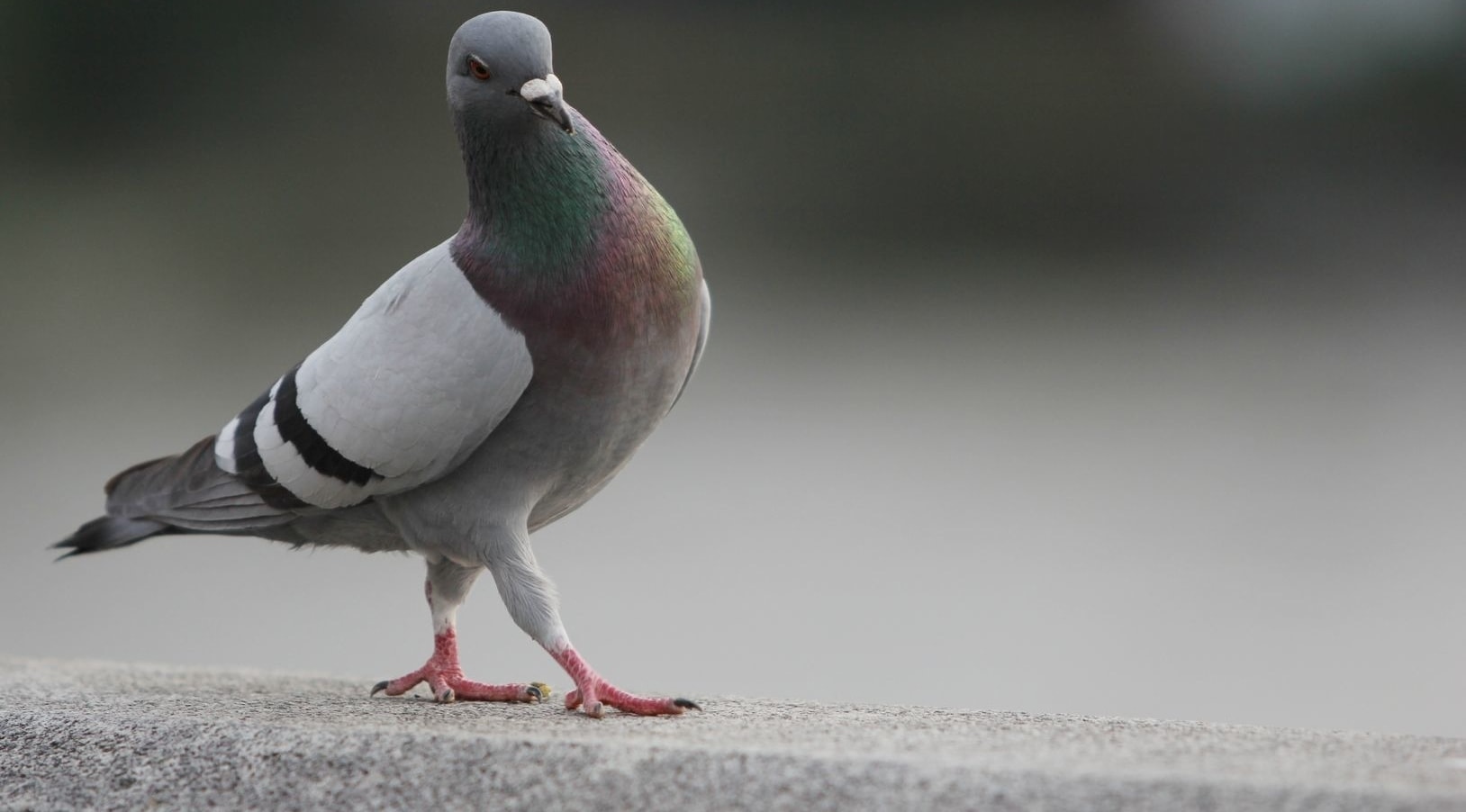For some people, pigeons serve as entertainment that can be bought with a few stale crusts of bread. For others, pigeons are nothing more than “rats with wings” that carry pathogens that spread harmful diseases. The question is, do pigeons spread diseases or is that just an urban myth?
 Photo by: Shutterstock
Photo by: Shutterstock
Unfortunately, the rumors are true. Pigeons carry a surprising number of pathogens that spread diseases — more than 60 varieties — but it is extremely rare that any of these are fatal to humans.
How do pigeons spread disease?
Pigeons transmit diseases through their droppings. While we all know we shouldn’t touch or pick up pigeon droppings with our hands, it’s a bit trickier than that. Pigeon droppings that are infected with bacteria or viruses are often left on the street, windowsills and cars to dry out. Once they do, they become a powder, which is blown or kicked into the air and then inhaled. The inhalation of this powder is one way that the pathogens that can cause disease can be spread to humans.
According to Medical News Today, the most common pathogens which can cause disease transmitted from pigeons to humans are:
- E. coli. This occurs when bird droppings land in a water or food supply and are then consumed by humans. This can typically be avoided by washing food thoroughly before eating. Symptoms include nausea, fever and cramps.
- St. Louis encephalitis.This disease is spread by mosquitoes after they feed on a bird that carries the pathogen that spreads St. Louis encephalitis. This inflammation of the nervous system is dangerous to all age groups, but can be particularly dangerous and even fatal in adults over 60 years old. Symptoms include drowsiness, headache and fever.
- Histoplasmosis.This respiratory disease occurs as a result of a fungus growing in pigeon droppings and can be fatal.
- Candidiasis.This disease is also a respiratory condition caused by a fungus or yeast found in droppings. The areas affected include skin, mouth, the respiratory system, intestines and the urogenital tract, particularly in women.
- Salmonellosis.This disease is commonly called "food poisoning" and spreads via infected droppings turning into dust and contaminating food and food preparation surfaces prior to consumption.
Pigeons are also carriers of mites, fleas, and West Nile virus, all of which can cause discomfort and potentially serious health issues in humans.
How to get rid of pigeons
In addition to carrying diseases, pigeons can also wreak havoc on your property. Flocks damage buildings, and their nests interfere with electrical elements and air conditioners. Also, pigeon droppings are not only unsanitary, but can create slippery and hazardous conditions.
To keep your risk of disease down and help keep your property free of pigeon waste, clean up any detectable pigeon droppings as soon as possible. Use disposable protective clothing, shoe coverings, an air-purifying respirator, and gloves.
Reducing birds on your property is a positive thing to do to help prevent the spread of disease. Terminix® offers various bird control solutions, including:
- Control gel
- Wire barriers
- Spikes
- Shock
Read more about each solution and when each one is appropriate on our bird control solutions page.



